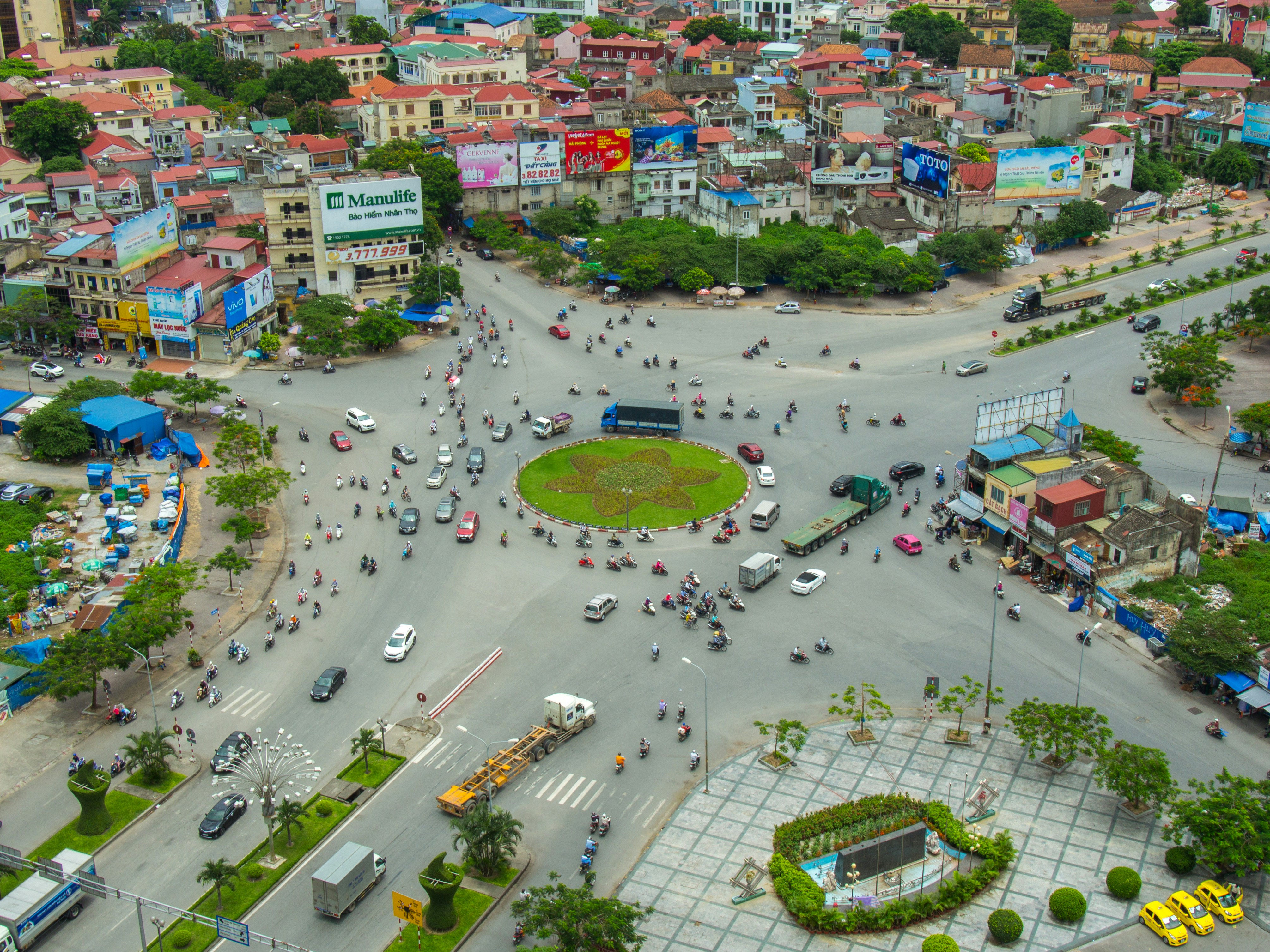PUBLICATION
Smart Transportation: From Air Pollution to Individual Vehicle Reducing

ABOUT
As Vietnam experiences one of the fastest urbanization rates in Southeast Asia—reaching 42.6% by 2023—the country faces not only economic growth and improved living standards, but also mounting environmental challenges, particularly in major cities. The steady influx of residents to urban centers like Cần Thơ, Hanoi, and Ho Chi Minh City has significantly increased the demand for housing, employment, and, critically, transportation. With over 69 million registered motorcycles and more than 45 million still in use, the growing reliance on personal vehicles has led to severe traffic congestion and alarming levels of air pollution.
Air pollution, primarily stemming from transportation, has been identified as one of Vietnam's most pressing environmental issues, contributing to an estimated 60,000 deaths annually due to related diseases such as respiratory illnesses (WHO, 2024). In dense districts like Ninh Kiều of Cần Thơ City, personal vehicle usage not only clogs the roads but also becomes a major contributor to dust and toxic emissions such as CO, NOx, and NMVOC, directly impacting vulnerable populations like the elderly, children, and those with compromised immune systems.
The research paper “Smart Transportation – From Air Pollution to Individual Vehicle Reducing” dives deep into this urgent issue, using Cần Thơ City as a case study to analyze how the rise of private vehicle use exacerbates air pollution and what solutions could pave the way forward. This study explores innovative approaches under the concept of “smart transportation,” focusing on strategies to reduce the number of personal vehicles, alleviate traffic congestion, and improve air quality. These may include public transport enhancements, urban planning reforms, and community engagement initiatives.
The ultimate goal of this research is to contribute to healthier urban environments by promoting sustainable mobility practices. By identifying practical, scalable solutions, the publication hopes to inspire local governments, policymakers, and citizens to rethink urban transportation and accelerate the transition towards cleaner, safer, and more livable cities in Vietnam.
The specific objectives of the study include:
- Measuring dust and gas emissions from some types of motorcycles, calculating, and assessing the level of air pollution caused by these vehicles.
- Interviewing 100 residents who use motorcycles about their experiences, awareness of the environmental impact of personal vehicles, and their acceptance of public transportation and green vehicles.
- Proposing solutions to reduce motorcycle usage, aiming towards public transportation or other green transportation modes.
AUTHOR
Nguyen Vo Chau Ngan
College of Environment and Natural Resources - Can Tho University